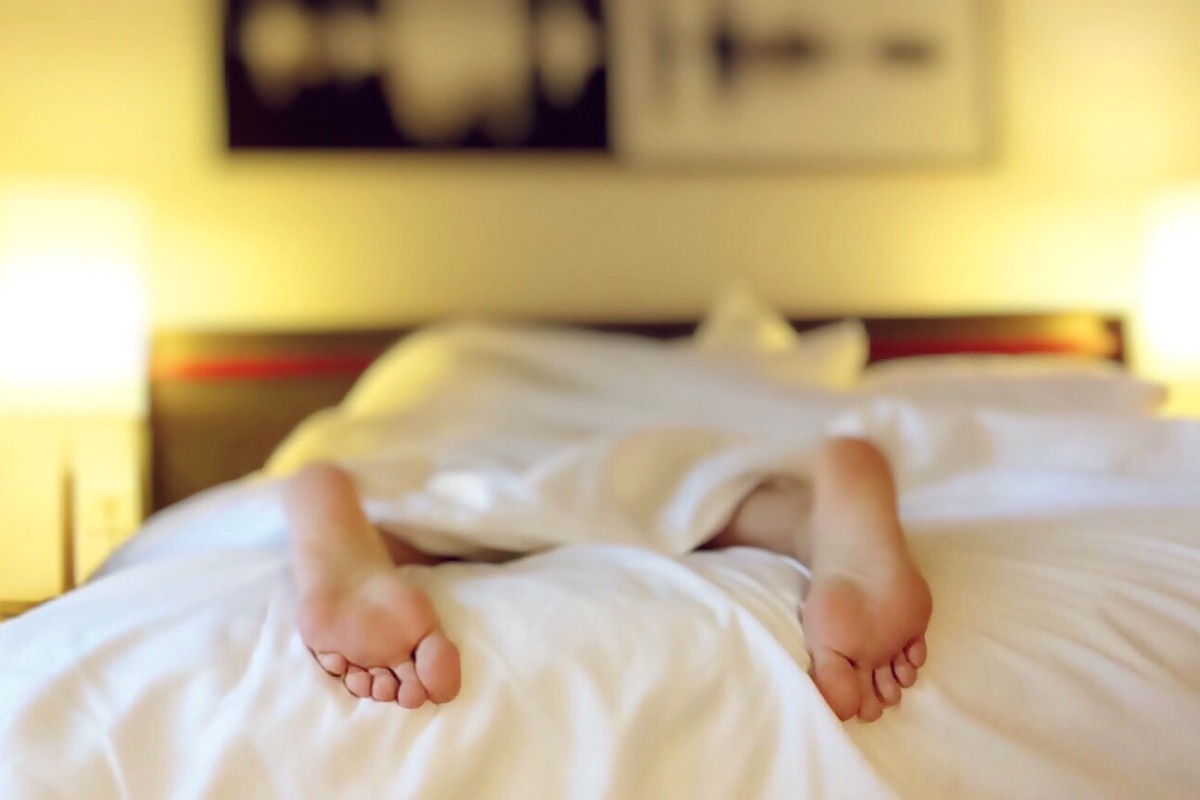
It is quite common for those suffering from generalized anxiety disorder (GAD) to also suffer from sleep deprivation. This causes many to ask the question, “am I not sleeping because I am anxious, or am I anxious because I am not sleeping?” The truth lies a little bit in both. Sleep deprivation and anxiety disorders can exist in tandem and have a compounding effect on one another.
While the two issues are technically separate, that does not mean they cannot be treated at the same time. Mental health care and medical professionals often recommend that these conditions be treated together. The good news is there is a multitude of ways to treat both of these issues at the same time.
Sleep Deprivation and Anxiety Often Exist in Tandem
According to a 2021 article in the Annals of Internal Medicine, “Insomnia can be the presenting symptom for several common sleep disorders, but it also often occurs comorbidly with mental and physical health conditions.” So, while anxiety and insomnia can be separated, they quite often exist side by side.
Recognizing that anxiety and insomnia go hand in hand is a great start, but it is just the beginning. It is important to understand how the two issues exacerbate one another. For example, a symptom of GAD is often racing thoughts. The same symptom is often present in those suffering from insomnia.
It is not surprising that the two issues intersect. This can also be said for multiple other symptoms, such as irritability, lack of focus, and lethargy. The good news is that both of these issues are manageable with treatment. Also, anxiety and insomnia can be treated in unison.
Why Treating Insomnia and Anxiety Together Is Best
Because insomnia and GAD can often exist alongside each other, it is important that they be treated together. By treating these issues together, there is less of a chance that one of them will reoccur and trigger the other.
There are multiple ways of treating insomnia and GAD, such as individual or group therapy, meditation, and yoga. There are also more scientific methods, such as neurofeedback and brain mapping. All of these methods, whether administered individually or in relation to one another, can help with both anxiety and sleep disorders.
You no longer have to be anxious about your lack of sleep, and you don’t have to lay awake suffering from your anxiety. There are ways to help you recover from both and get a healthy, anxiety-free night’s sleep.
When anxiety and sleeplessness take hold, it can feel like there is no way out of the cycle. Please know that is not the case. Several treatment options are available to you. There are people out there who want to help ease your suffering and help you get back to a healthy lifestyle and safe sleep cycle. Anxiety and insomnia do not have to be the norm. Please reach out. The Guest House is here for you. For more information, call (855) 483-7800.